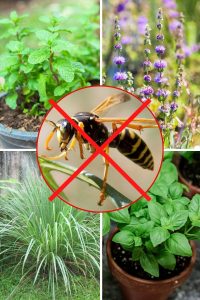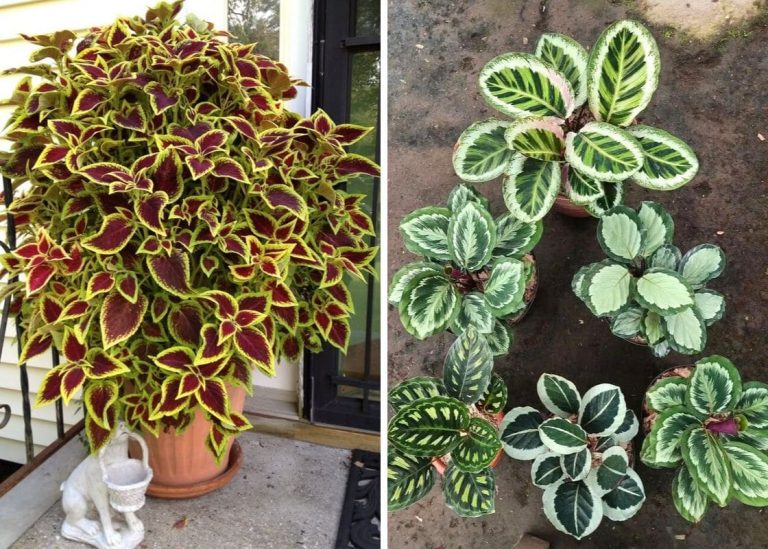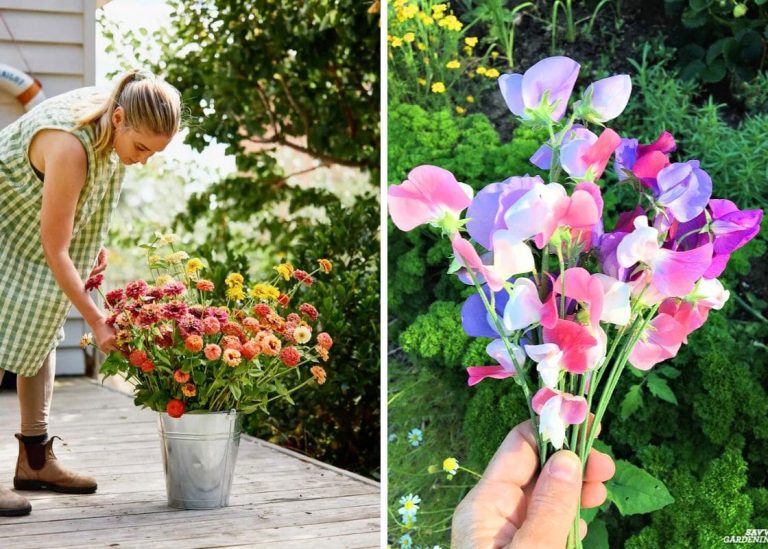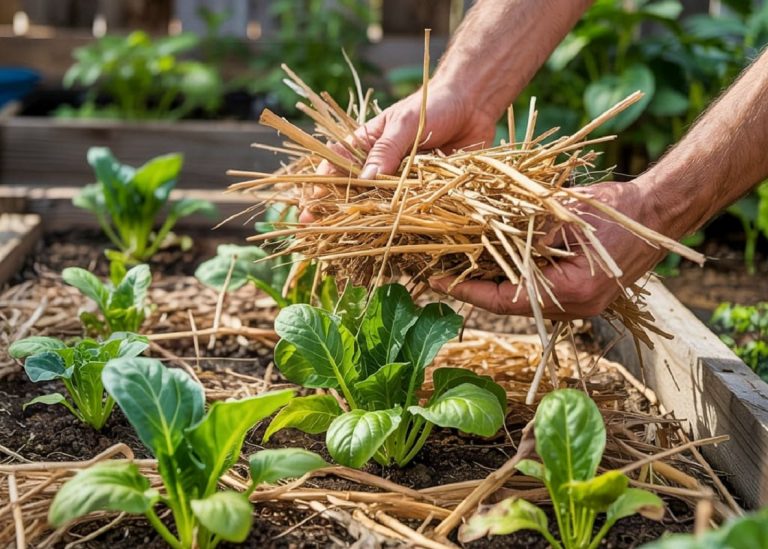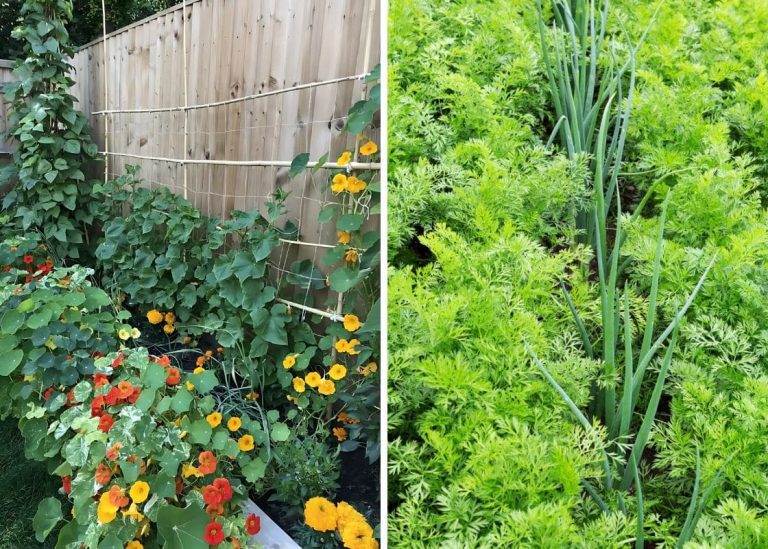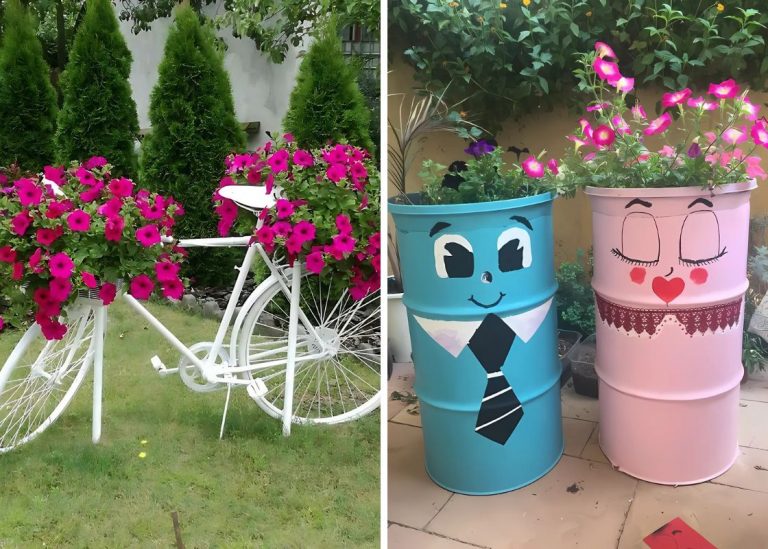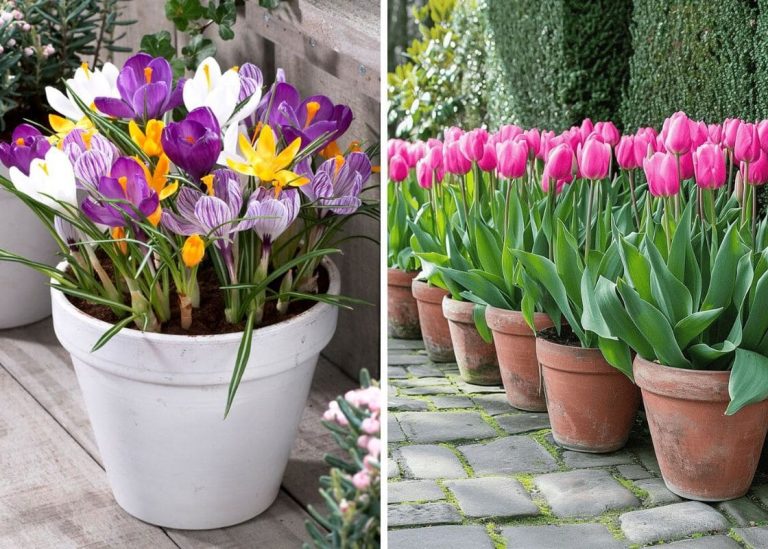15 Wasp Repellent Plants As Natural Solutions to Keep Wasps Away
Last summer, I had a guest—uninvited and rather bold—who landed squarely on my picnic peach tart. We’d just settled under the pear tree for a lazy Sunday lunch, the kids barefoot in the grass, a jug of mint water beading sweat on the wooden table. The wasp, persistent and fast, darted around us like it owned the yard. My daughter shrieked, and my youngest froze mid-bite. That’s when I knew—we needed a gentle, plant-powered solution.
I didn’t want chemical traps or sticky messes. Just peace, the rustle of leaves, the buzz of bees—not the chaos of stingers and panic. So I leaned into something I’ve always believed in: the quiet wisdom of plants.
What followed was part experiment, part memory revival. I remembered the lavender that always bloomed untouched, the mint patch that hummed with bees but never buzzed with wasps. I asked fellow gardeners, tested what I could, and built a green shield one pot at a time.
What you’ll find here isn’t just a list of plants. Each one a friend, a helper, a scent the wasps just can’t stand.
#1. Mint
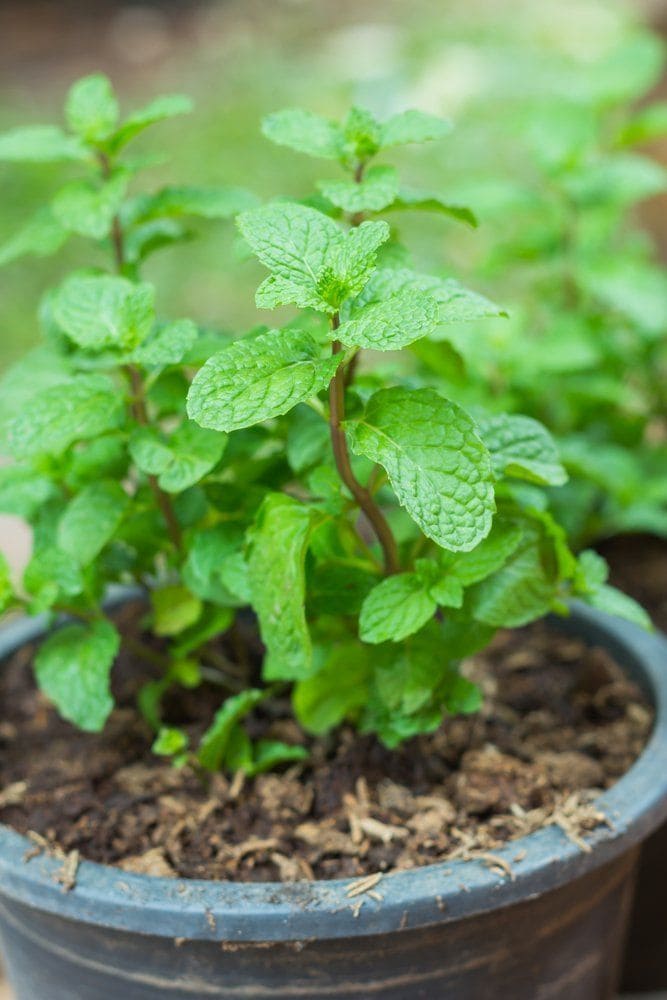
If you’ve ever brushed past a mint bush on a warm day, you know it hits you like a cool breeze. Sharp. Bold. Unmistakable. And that’s exactly why wasps avoid it.
I keep mint in large clay pots near our patio—mainly to stop it from taking over. Its roots are wild wanderers. But its presence is grounding. You can watch wasps change direction mid-flight, almost like they’ve hit a force field.
Every now and then, I snip a few sprigs for lemonade or tuck some into a mason jar bouquet for the kitchen table. It’s a plant that works while you’re sipping tea, chatting with friends, doing nothing at all.
#2. Eucalyptus
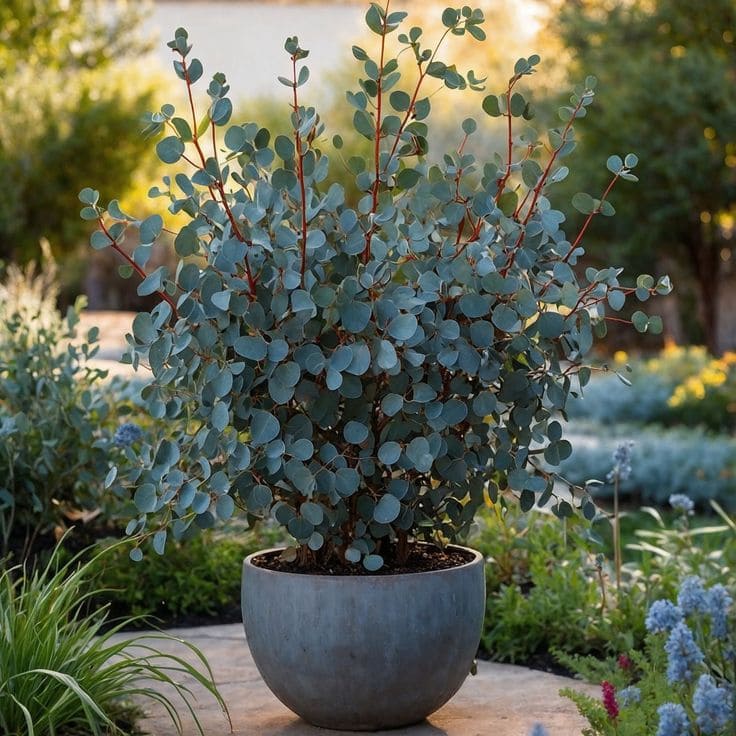
The first eucalyptus I ever planted was a gift from a neighbor who swore by its ghostly beauty and bug-repelling magic. She was right on both counts.
Its silvery-blue leaves shimmer under morning dew like something out of a dream. But more than that, the oils in those leaves create an invisible barrier wasps can’t tolerate. I once tied a bunch near our porch light, and not a single wasp hovered there all summer.
If your climate allows, plant a young eucalyptus in a sunny, sheltered corner. If not, dried leaves in a small vase or satchel by doors can still make a difference.
#3. Marigolds
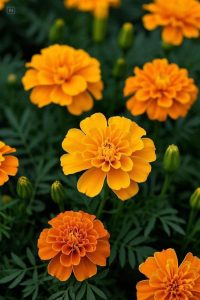
I never expected marigolds to do so much heavy lifting in the bug department, but here we are. Bright, slightly spicy-smelling, and persistent, they are like golden watchdogs guarding the garden.
A friend from my garden club once told me she planted marigolds in a ring around her patio. I tried the same. We went from daily wasp visits to maybe one or two all week. Not bad for a plant that blooms its heart out until frost.
Their cheerful color adds a sunny glow, especially around veggie beds and entryways. Just don’t expect subtlety—they make a statement.
#4. Wormwood
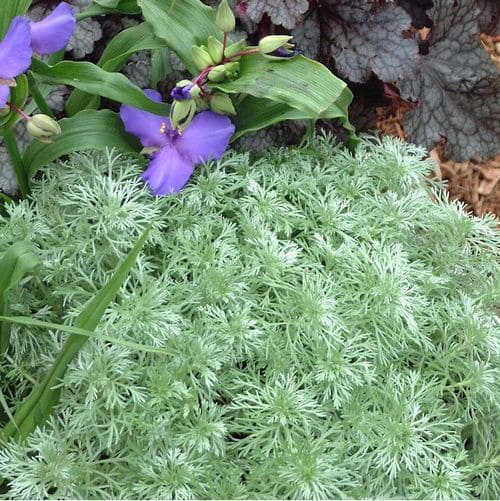
Wormwood smells like no other—strong, earthy, almost medicinal. My grandmother had a clump near her old iron gate, and she always claimed no bugs dared pass it.
I’ve planted mine in a dry patch that gets full sun and not much else. It’s a tough little warrior. The leaves are a soft, dusty green, and I snip them to tuck into small cloth sachets for picnic baskets and outdoor shelves. Wasps steer clear, and it makes me feel like I’m carrying on a bit of family lore.
Just a note: it’s not a plant for nibbling. Admire and use it wisely.
#5. Citronella
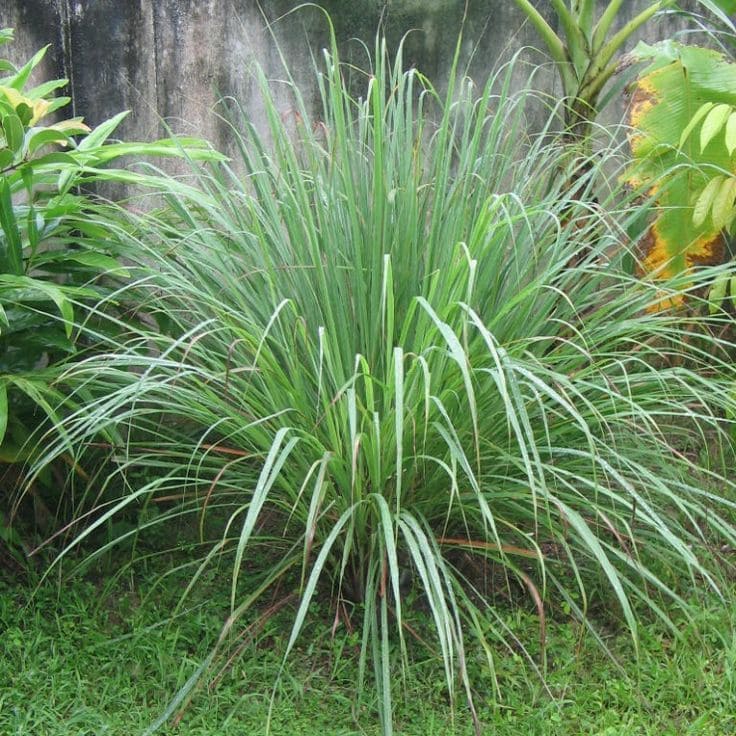
Lemon-scented and sun-loving, citronella feels like summer in plant form. Most people know it from candles, but the real deal is far more fragrant—and more effective.
I place pots of citronella near seating spots, especially where food is served. The plant releases its oils best when you gently ruffle the leaves. I do this almost absentmindedly now, like a garden ritual before lunch.
Some varieties are grass-like, others bushier. Both work. And they look quite charming in weathered terracotta pots with a few stones for added warmth and drainage.
#6. Basil

I’ve had basil growing on windowsills, in garden beds, even in teacups on my kitchen sill. It’s not just for pasta sauce—it’s also a quiet guardian.
It’s the scent—sweet and spicy, almost clove-like—that sends wasps looking for quieter pastures. I once read that rubbing basil leaves on your skin can deter bugs. It works. I’ve tried. And the smell lingers like a delicious secret.
Plant it close to doors, windows, and anywhere you sit with a cup of coffee. It loves the sun and a bit of trimming now and then.
#7. Pennyroyal
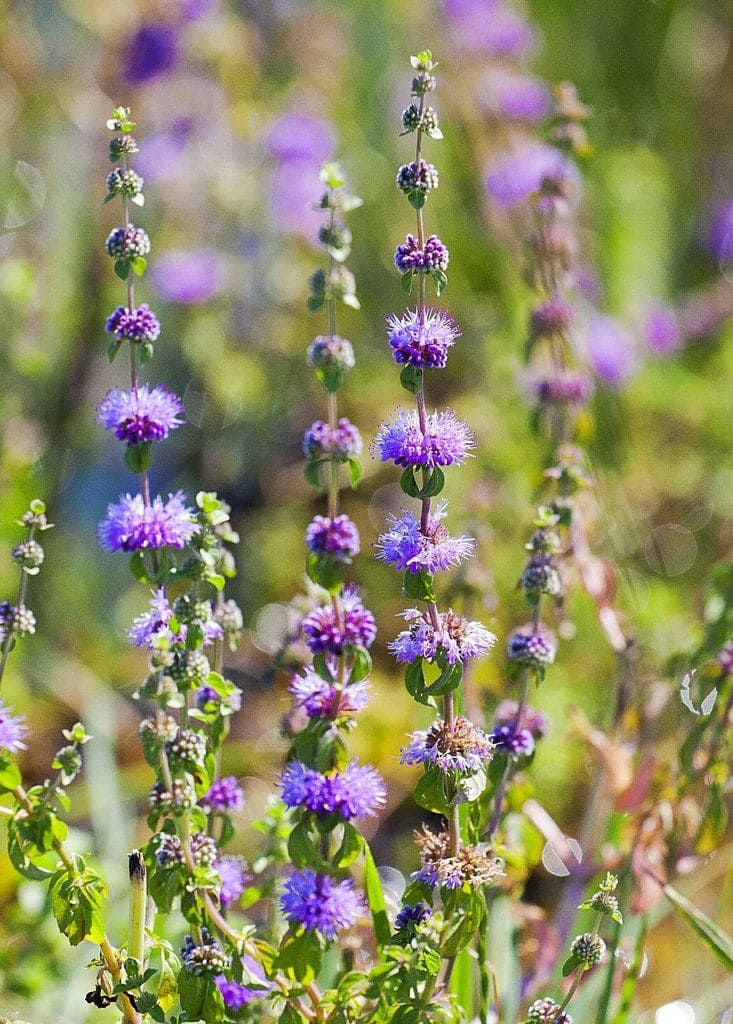
This one surprised me. A friend in the herbalist community mentioned pennyroyal as her go-to natural repellent. I tried it, and wow—wasps detest it.
It’s a mint relative, but bolder, almost brash in scent. I grow it in small containers lined up like sentinels near the garden table. The scent is intense, so a little goes a long way.
Important note: it’s not for internal use and can be toxic in large doses—so keep it high and away from pets and children. But for wasps? It works like a charm.
#8. Lemongrass
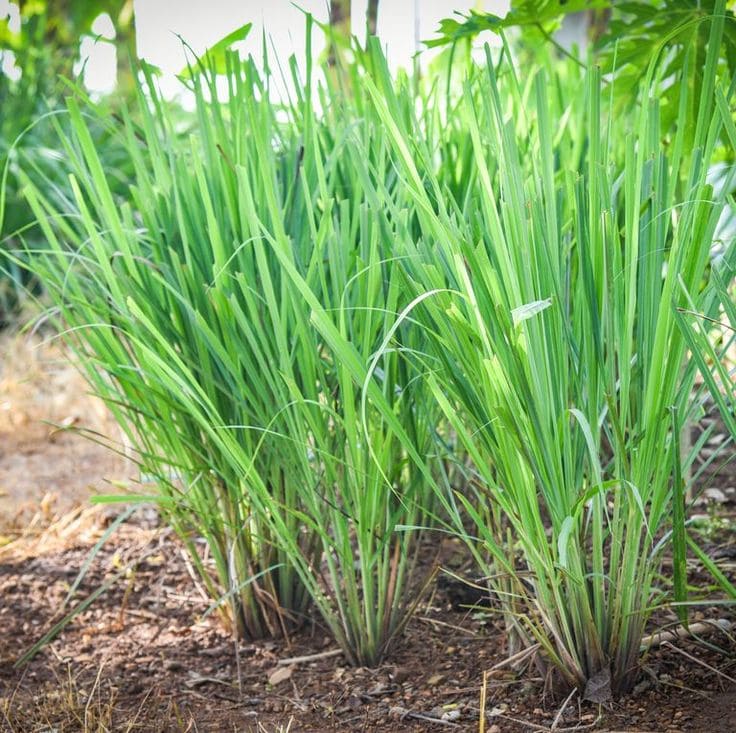
If you’ve ever brushed against lemongrass on a humid afternoon, you know the scent—zesty, clean, and unforgettable. Wasps, however, hate it.
I grow lemongrass at the far end of the garden near our compost bins. It adds a fresh fragrance and, more importantly, it keeps that buzzing crowd from hovering over the scraps.
A bonus? It’s beautiful. Tall, swaying leaves catch the light, and every once in a while, I crush a stalk and add it to tea or broth. Multifunctional and always elegant.
#9. Geraniums
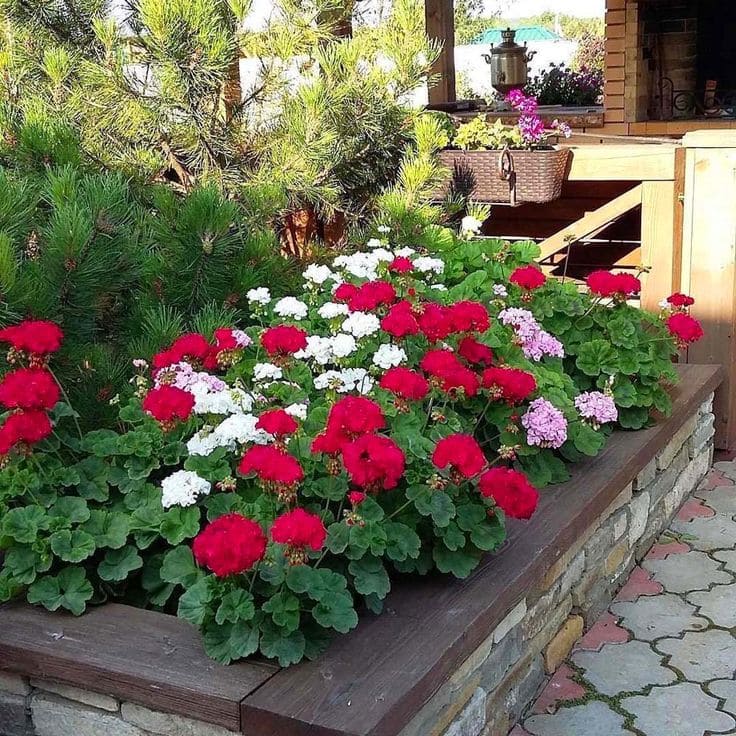
Especially the scented types—lemon, rose, citronella—are wasp repellents with flair. My windowsill geraniums bloom in dusty pinks and corals, and they fill the air with a soft, musky scent.
A neighbor once gifted me a variety that smelled exactly like nutmeg. I keep it near our swing bench now, and I haven’t seen a wasp there in months.
Geraniums don’t ask for much. A bit of sun, well-draining soil, and a weekly watering. In return, they keep the buzz down and the charm up.
#10. Clove
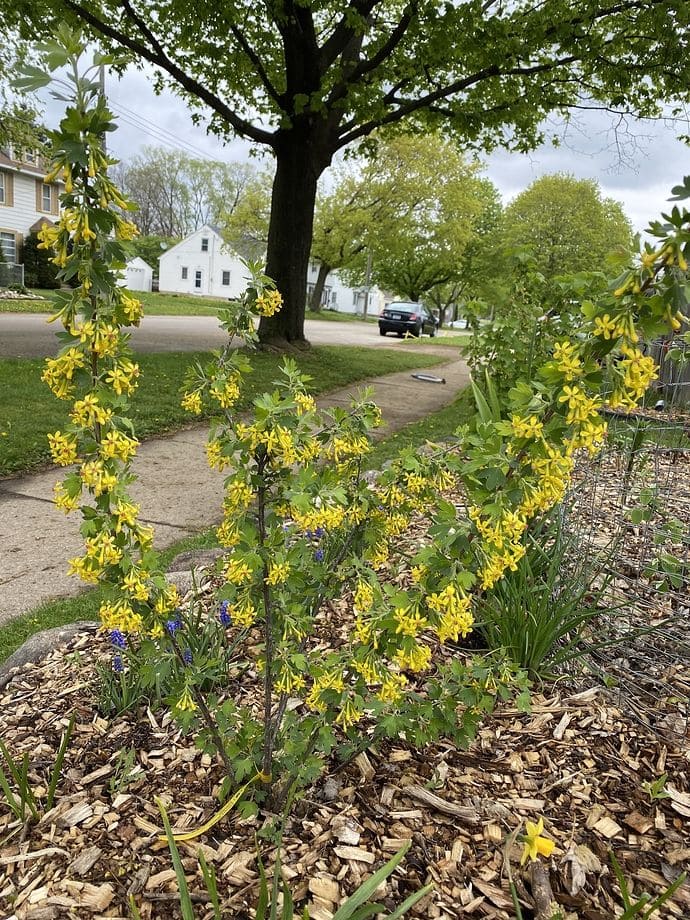
I first tried cloves out of desperation—just a dish of water with a few buds during a family lunch. To my surprise, the wasps vanished.
That warm, spicy scent does something they hate. I now keep small bowls of whole cloves near the garden table or use clove essential oil in water sprays. While clove trees don’t grow in my climate, even dried buds do the trick.
It’s simple, fragrant, and feels like a secret passed down in whispers
#11. Rosemary
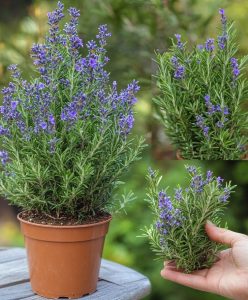
We planted rosemary for the roast chicken, but stayed for the peace. Every time I brush past its needle-like leaves, that deep, piney scent fills the air—and keeps wasps away.
I toss sprigs on the grill in summer; the smoke adds flavor and acts like a gentle repellent cloud. This herb asks for little: sunlight, space, and your occasional attention.
A practical friend in the garden, and one I wouldn’t be without.
#12. Lavender

Lavender brings a kind of quiet that seeps into your bones. Bees love it, but wasps avoid the sweetness altogether.
I grow it along paths and around our patio chairs. The scent calms nerves and protects picnics. Dried bundles by the backdoor add charm and keep the air fresh and wasp-free.
It’s my go-to for both beauty and peace.
#13. Thyme
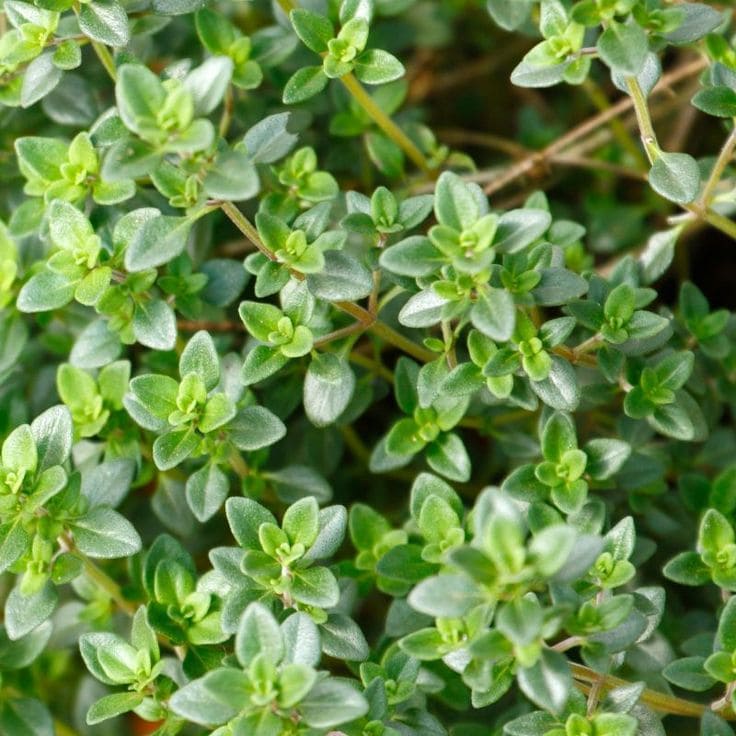
Creeping thyme feels like a secret whispered by the ground itself. Step on it, and it releases a bold, herbal scent that wasps can’t tolerate.
I plant it between stones and along path edges—it softens hard lines, adds color, and keeps unwanted buzzers away.
It’s easy to overlook until it blooms in tiny pinks or whites, alive with bees but not wasps. Plus, I snip a bit for soups and roasts. Unassuming, tough, and quietly essential—that’s thyme.
#14. Cucumbers
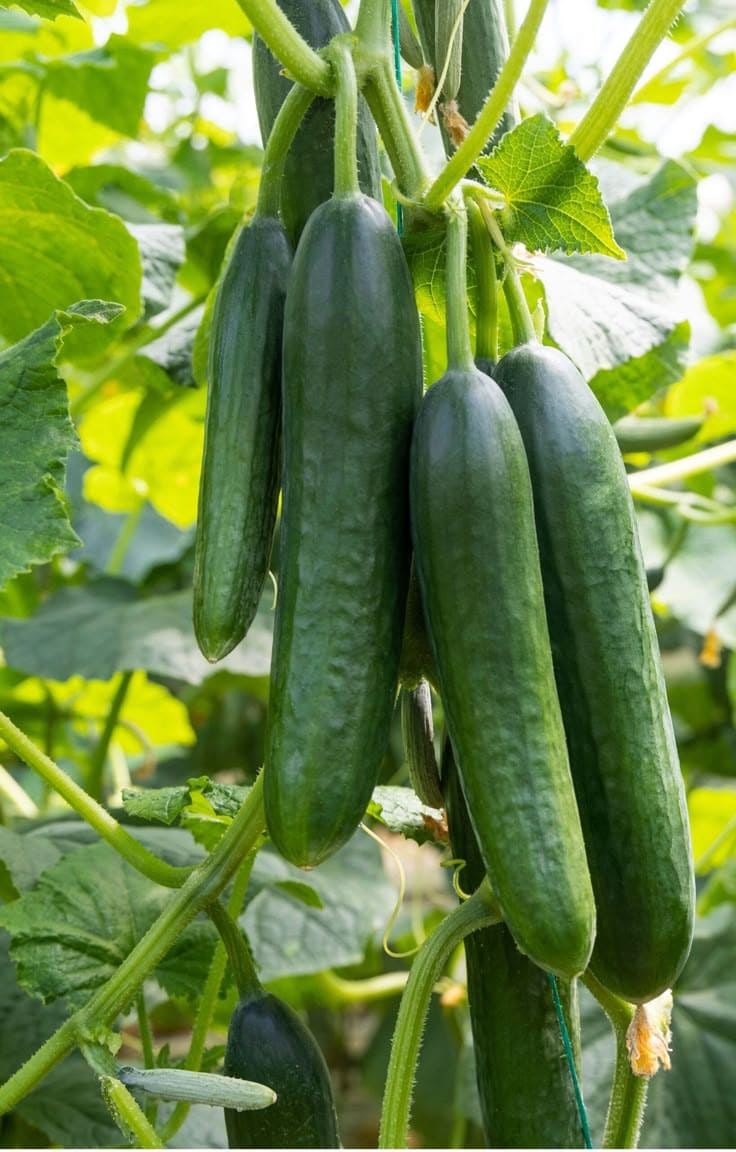
It sounds strange, I know. Cucumbers? But yes—especially the peels. There’s something in their composition that wasps just can’t tolerate. I stumbled across this trick during a potluck lunch when someone casually suggested scattering cucumber slices around the picnic table. That was the quietest meal we’d had all season.
Since then, I’ve turned it into a habit. When I slice cucumbers for salad, I save the peels. A small bowl by the garden bench, a few strips tucked near the compost bin—it makes a difference. Plus, nothing goes to waste.
I don’t grow cucumbers solely for wasp defense, of course. They’re a summer staple in my raised beds. But if a single plant can feed us and protect us, I’m all in.
#15. Pitcher Plants
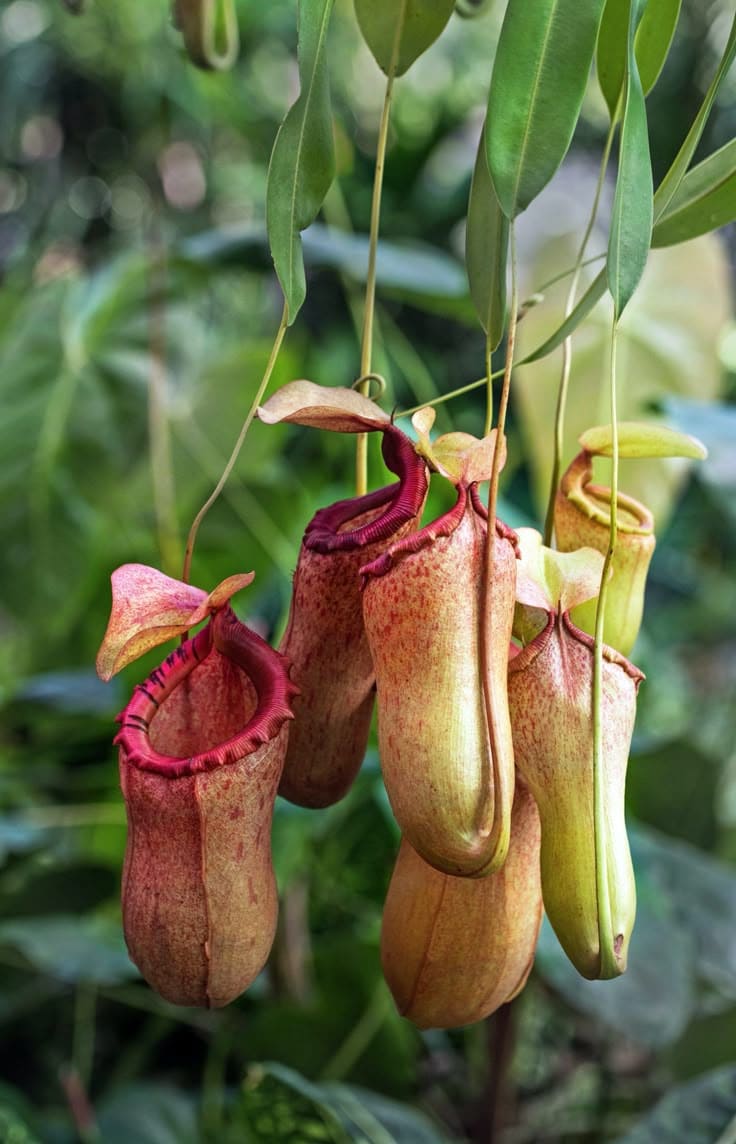
Sometimes, deterring isn’t enough—you want the wasps gone. That’s when pitcher plants come in. Not delicate, not shy—these carnivorous marvels do the dirty work.
Their tall, tubular leaves are slippery traps lined with nectar. Wasps land, slide in, and never come out. It sounds brutal, but in a garden where allergies are a concern (my husband swells up from one sting), these plants earn their keep.
I keep my pitcher plants in a damp, partially sunny corner, nestled beside ferns and mossy stones. They look like something from a storybook—strange, striking, quietly dangerous.
They’re not the softest solution, but in the right spot, they do their job well. Nature’s little security guards with teeth.
Final Thoughts
Gardening, for me, is never just about what grows. It’s about what stays away, too. Your garden is a haven, and it deserves peace. Wasps may have their place in nature, but not in your sandwich or your lemonade.
These plants—some bold, some subtle, all beautiful—offer a natural way to reclaim your space. Start with one or two, watch how they change your afternoons. The scents, the textures, the quiet protection—they become part of the rhythm of your days.
